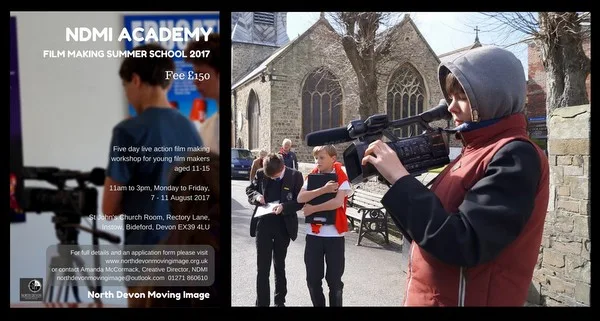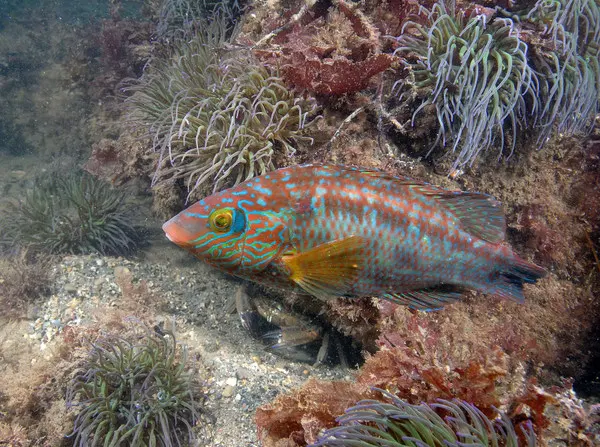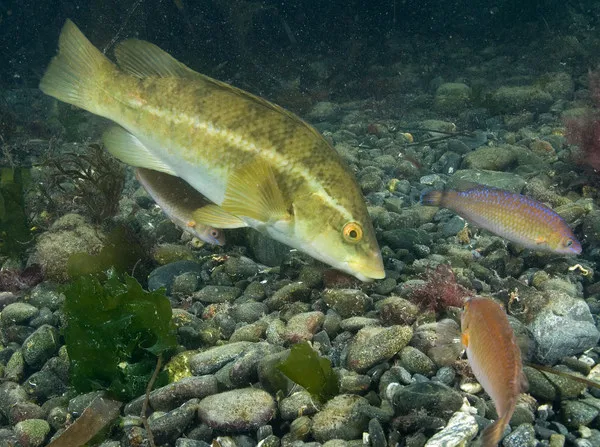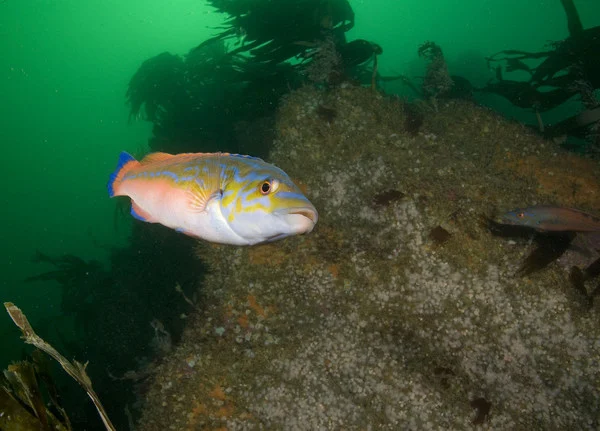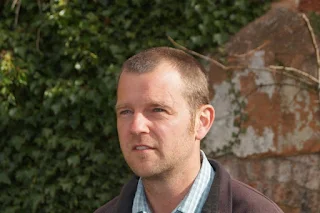'Cathy Come Home' is a first taste of what's to come from Flyte's highly anticipated debut album, set to be released on August 25th.
In the school of Grizzly Bear, Alt J, and Fleet Foxes they have used their four voices to guide their sound, avoiding crashing cymbals and layers of electric guitars in favour of a more crafted, carefully constructed approach. Lead singer Will Taylor's style of lyric writing weaves threads of George Orwell and Evelyn Waugh with Nick Drake and Ray Davies, tapping into the English malaise and coming of age nostalgia like so many writers before him. Tap here to Watch the Cathy Lyric Video
Flyte separately admit that as early as age ten, a career in music was their only ambition. Drummer Jon Supran and bassist Nick Hill met guitarist Will Taylor at their local comprehensive school, where Will's parents both taught English. They later came upon keys player Sam Berridge busking at Tottenham Court Road station after moving to Hackney in their late teens. Accomplished songwriters who quickly earned a reputation for their trademark vocal arrangements and live show, the band released a flurry of alternative singles before pairing up with Courtney Barnett producer Burke Reid to create their first full length record.
Flyte's debut album is out on August 25 2017.
FLYTE TOUR DATES
Fri 15 Sep 2017 United Kingdom Southampton The Joiners
Sat 16 Sep 2017 United Kingdom Brighton Patterns
Tue 19 Sep 2017 United Kingdom London Scala
Mon 25 Sep 2017 United Kingdom Cambridge Portland Arms
Tue 26 Sep 2017 United Kingdom Norwich The Waterfront Studio
Wed 27 Sep 2017 United Kingdom Wolverhampton Newhampton Arts Centre
Thu 28 Sep 2017 United Kingdom Cardiff Gwdihŵ Café Bar
Sat 30 Sep 2017 United Kingdom Leicester The Cookie
Sun 1 Oct 2017 United Kingdom Oxford The Cellar
Mon 2 Oct 2017 United Kingdom Guildford Boileroom
Wed 4 Oct 2017 United Kingdom Hull The Polar Bear
Thu 5 Oct 2017 United Kingdom Leeds Chapel
Fri 6 Oct 2017 United Kingdom York The Fulford Arms
Sat 7 Oct 2017 United Kingdom Manchester Neighbourhood Festival
Mon 09 Oct 2017 United Kingdom Nottingham The Bodega
Tue 10 Oct 2017 United Kingdom Birmingham Academy 3
Wed 11 Oct 2017 United Kingdom Liverpool Buyers' Club
Thu 12 Oct 2017 United Kingdom Bristol Exchange
👀👀👀👀
Connect with Flyte
"Echoes of early solo macca" – The Sunday Times
Facebook
Instagram
Twitter
YouTube
Connect with Flyte
"Echoes of early solo macca" – The Sunday Times
YouTube


